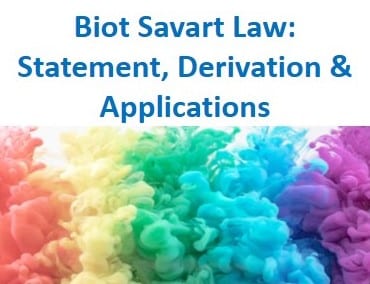Fundamental quantities in physics are physical quantities that cannot be defined in terms of other quantities. They are the building blocks of all other physical quantities, and they form the basis of the International System of Units (SI). The seven fundamental quantities in SI are:
- Length (meter, m)
- Mass (kilogram, kg)
- Time (second, s)
- Electric current (ampere, A)
- Temperature (Kelvin, K)
- Amount of substance (mole, mol)
- Luminous intensity (candela, cd)
Fundamental Quantities as “Base Units”
These fundamental quantities are considered “base units” and are used to define all other physical quantities. For example, velocity is defined as the distance travelled per unit of time, where distance is measured in meters and time is measured in seconds. Other physical quantities, such as force, energy, and power, can also be expressed in terms of these fundamental quantities.

Different Quantities in Physics
| # | Type of Quantity | Definition | Examples |
| 1. | Fundamental Quantities | Physical quantities that cannot be defined in terms of other quantities. | Length, Mass, Time, Electric Current, Temperature, Amount of Substance, Luminous Intensity |
| 2. | Derived Quantities | Quantities are used to express certain derived quantities and are not considered fundamental or derived. | Velocity, Acceleration, Force, Energy, Power |
| 3. | Supplementary Quantities | Quantities used to express certain derived quantities, and are not considered fundamental or derived. | Plane Angle (radian), Solid Angle (steradian) |
More Links
Basic Physical Quantities | Definition and Examples
Mass vs Weight| Difference and Solved Problems
Stress in Physics| Definition and Easy Examples
What is Internal Energy?| Real-Life Examples
Inertial Force| Definition and Daily Life Examples
Energy-The Ability to do Work| Daily Life Examples
- BCl3 Lewis Structure in four simple steps - November 1, 2023
- PH3 Lewis Structure in four simple steps - October 8, 2023
- PF3 Lewis structure in four simple steps - September 24, 2023



